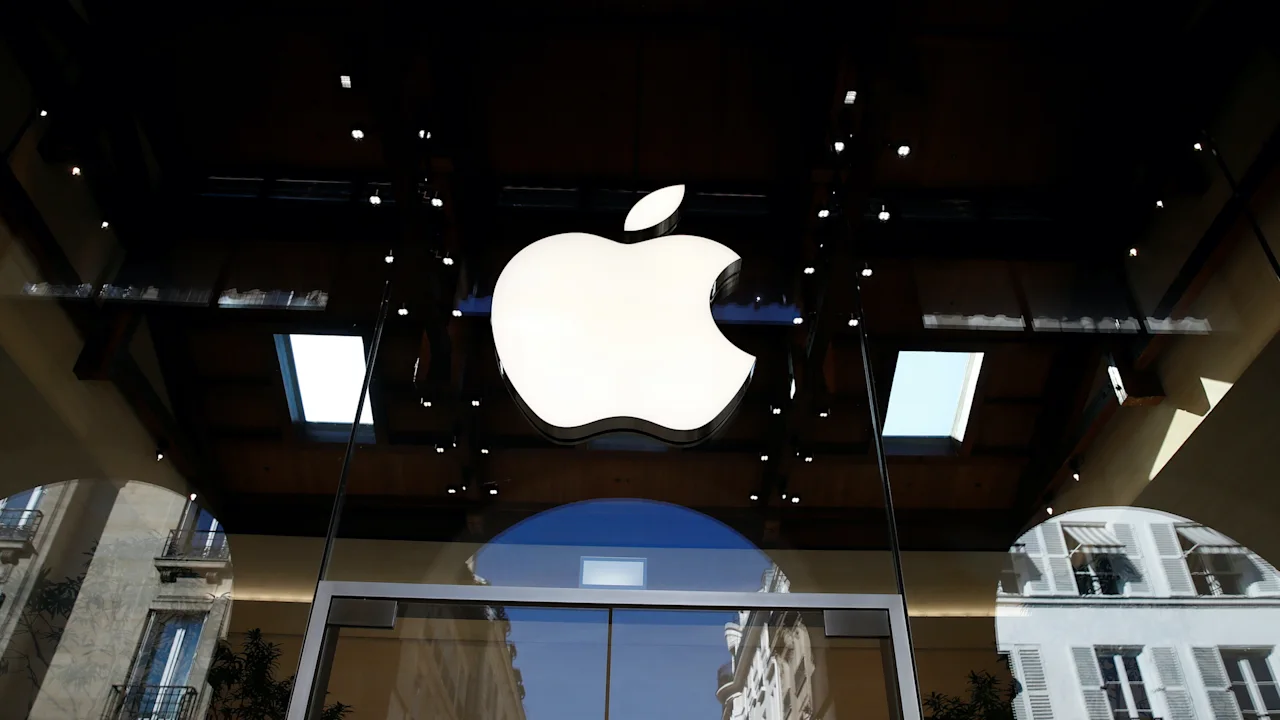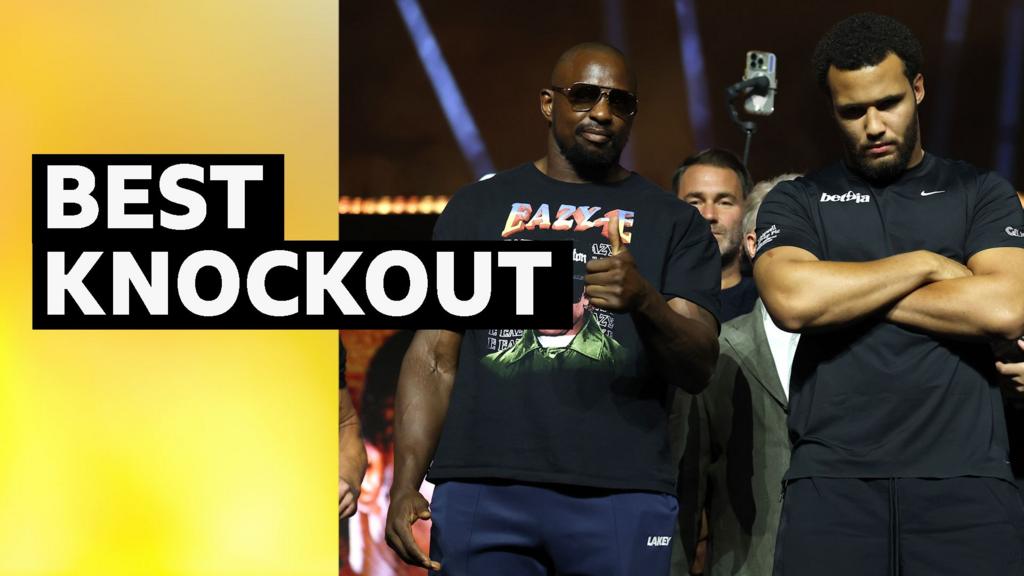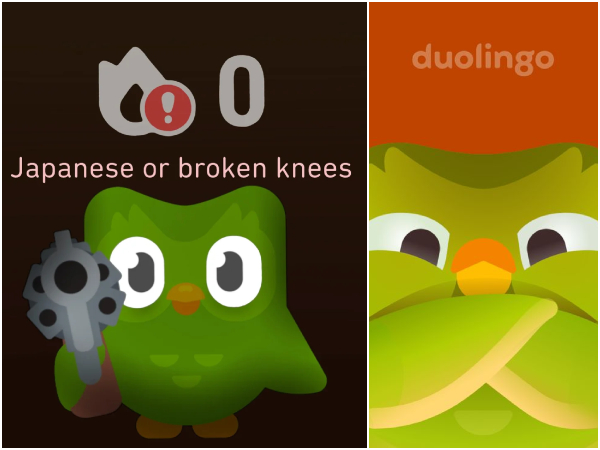Google’s antitrust showdown could change how you search the web

The U.S. Department of Justice’s (DOJ) long-running case against Google, in which Judge Amit Mehta ruled in April that Google monopolized the digital advertising market on the open web (and reaffirmed that ruling earlier this month), is expected to reach another milestone imminently. A final ruling on remedies could come within days or weeks.
The two sides remain far apart on what they consider acceptable remedies. The DOJ has proposed a litany of options, while Google countered with a narrower proposal: ending non-exclusive browser agreements but retaining revenue-sharing arrangements with browser developers.
What Judge Mehta decides could materially shape Google’s future—and the way millions of people use the web—given Chrome commands two-thirds of the browser market.
What Judge Mehta decides could materially shape Google’s future—and the way millions of people use the web—given Chrome commands two-thirds of the browser market.
“The potential for an adverse remedy ruling in the case has been an overhang on Alphabet stock and could negatively impact the Street’s perception of Alphabet’s terminal value,” says Justin Post, a research analyst at Bank of America (BofA) Securities. “Not only would such a ruling impact search operations in the US, in our view, but we also think would set an example for international regulatory agencies.”
Until Judge Mehta’s ruling comes through, all options remain on the table— though some appear far more likely than others.
Total divestiture
One potential remedy the DOJ has floated is forcing Google to divest from Chrome and barring it from developing another browser for five years. The looming threat has even spurred interest from suitors such as Perplexity, whose $34.5 billion bid Fast Company’s Mark Sullivan described as “more stunt than strategy.”
Legal experts, however, view this as the least likely outcome. “I’m skeptical that a compelled divestiture of Chrome would be good for users, and thus skeptical that it would be ordered by the judge,” says Anupam Chander, professor of law and technology at Georgetown University.
Chander points out that such a move would expand the number of companies holding vast troves of user data—currently concentrated with two largely trusted firms, Apple and Google. “Adding more companies to that mix is scary,” he says, suggesting Judge Mehta may be reluctant to take that path.
The numbers reinforce that skepticism: The trial established that about half of all general search queries in the U.S. stem from entry points tied to Google’s contracts the DOJ deems anti-competitive. According to a Bank of America analysis, Google could lose between 5% and 70% of Chrome’s search share if divestiture were ordered.
Limiting agreements and adding choice screens
A more likely remedy would resemble the “choice screens” seen in Europe, where users select their default search engine upon setup.
“I have a Samsung that ships not with Android search, but Google Search and Chrome,” notes Chander. “We might see it competing with DeepSeek or OpenAI’s ChatGPT as the default engine, or Perplexity.”
Google currently secures default placement on many devices through lucrative exclusivity deals. Those contracts pay off: trial documents revealed that 61.8% of iOS search queries run through Safari’s default engine—Google—and 80% of Android queries do the same. Internal Google estimates suggested losing Apple’s default position could wipe out $28.2 billion to $32.7 billion in revenue and up to 80% of iOS search volume.
Sharing search data
Another idea on the table is requiring Google to open its search index and ad data to rivals. But this remedy faces steep hurdles.
“Does the European Union and do data protection authorities want Google to be sharing that data with third parties?” asks Chander. “Who’s going to be allowed to get that data?”
For that reason, he sees it as a non-starter.
Whatever Judge Mehta orders, the battle is unlikely to end soon. “The legal process could extend well into 2027, as Google has indicated it will appeal,” says Post.
But appeals may not play in Google’s favor. “The trial court [run by Mehta] is the one that has the most knowledge of the case,” says Chander. “Appeals court won’t have the level of day-to-day knowledge of the workings and the sophisticated understanding the trial judge has.”
What's Your Reaction?
 Like
0
Like
0
 Dislike
0
Dislike
0
 Love
0
Love
0
 Funny
0
Funny
0
 Angry
0
Angry
0
 Sad
0
Sad
0
 Wow
0
Wow
0






























































































